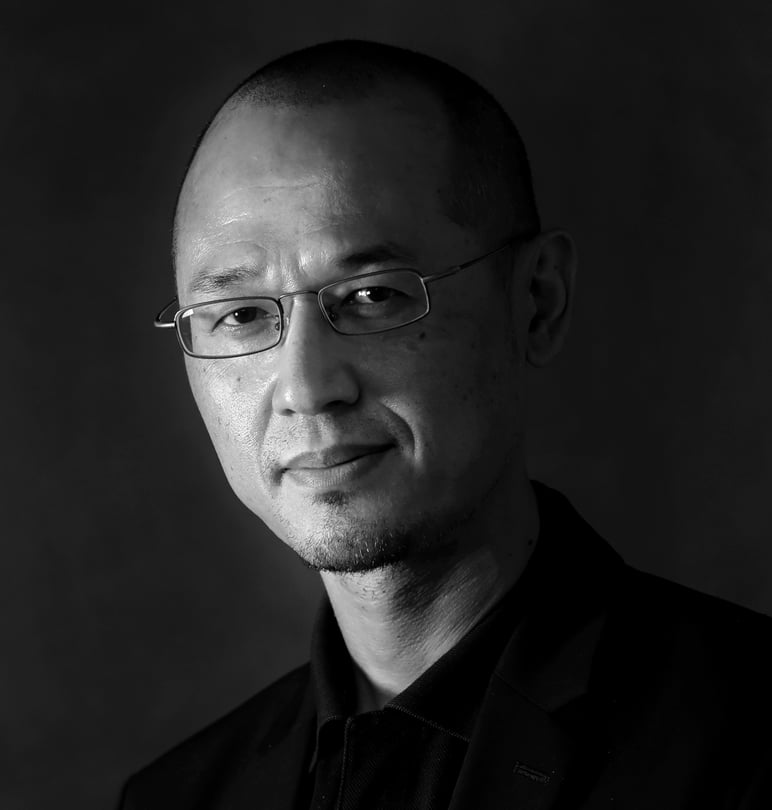
Ethnic minority gangs rampaging in Hong Kong: that’s what you get when you ignore reality
Yonden Lhatoo says the brazen knife attack at Jordan MTR station involving gangs of South Asians, including some asylum seekers, should ring alarm bells
I’m still having trouble getting my head around this. It’s just too much.
While terrified passengers cowered inside the train, two gangs of South Asians fought a vicious battle on the platform with knives and fists. When it was all over, three men – identified as asylum seekers from India – were left with bloody wounds while eight to nine thugs who carried out the attack were nowhere to be found.
A police source told the Post the men involved were from India, Pakistan and Nepal.
Seriously, what’s going on in Hong Kong? How has it come to this?
We’ve always had organised crime in our city as far back as anyone can remember, but the gangsters and thugs who belong to triad societies are not in your face like this. They don’t normally mess with the man on the street and throw their weight around in public places. You could almost say they’re discreet.
Yes, of course, we have Chinese gang violence, but it happens at some dodgy dai pai dong or nightclub at ungodly hours, and law-abiding citizens going about their daily business don’t have to scurry for cover.
As in many other cities, I would say there’s a marriage of inconvenience between the authorities and mobsters here in the sense that because Hong Kong can’t wipe out organised crime per se, it tolerates these criminals to a certain extent as long as they operate underground and don’t cross the line.
But the brazenness of Monday’s violence suggests a new type of lawlessness that we are not used to. It’s the kind of thuggery I see on the Indian sub-continent, where institutionalised corruption among police and politicians breeds contempt for authority that manifests in open displays of criminal behaviour. It has no place in Hong Kong.
In my beat reporting days many years ago, when there was hardly any crime involving ethnic minorities, I raised the issue of growing delinquency among Nepalese youth to a senior police officer in Tsim Sha Tsui.

But they were already becoming a mixed bunch, with Nepalese citizens gaining residency here by faking their identities through passports they had bought from the children of Gurkha soldiers returning home as the British garrison was drawing down.
It’s a similar story with Indian migrants in Hong Kong, a different demographic from the descendants of those who settled down in the city and prospered under British rule.
Many of them are asylum seekers who are forbidden to take up employment here, and among them are undesirables pretending to escape from non-existent political repression back home. Working as low-level drug dealers and cheap muscle on daily wages for triads has given them the experience and confidence to form their own gangs. These gangs prey on their own communities to fill a language-barrier gap that keeps Chinese mobsters from taking over. They also work in cahoots with dominant triad societies.

It puts the spotlight on high school dropout rates and the increasing exclusion of non-Chinese residents, leading to a downward spiral of higher crime and deeper poverty. Among some alarming trends, it highlights a 41 per cent increase in serious drug offences and a 115 per cent surge in arrests for possession of arms and ammunition among ethnic minority youth from 2005 to 2014.
The writing is on the wall. We’ve spent the last few decades brushing everything under the carpet or burying our heads in the sand and pretending it’s not happening.
Do something before it’s too late.

